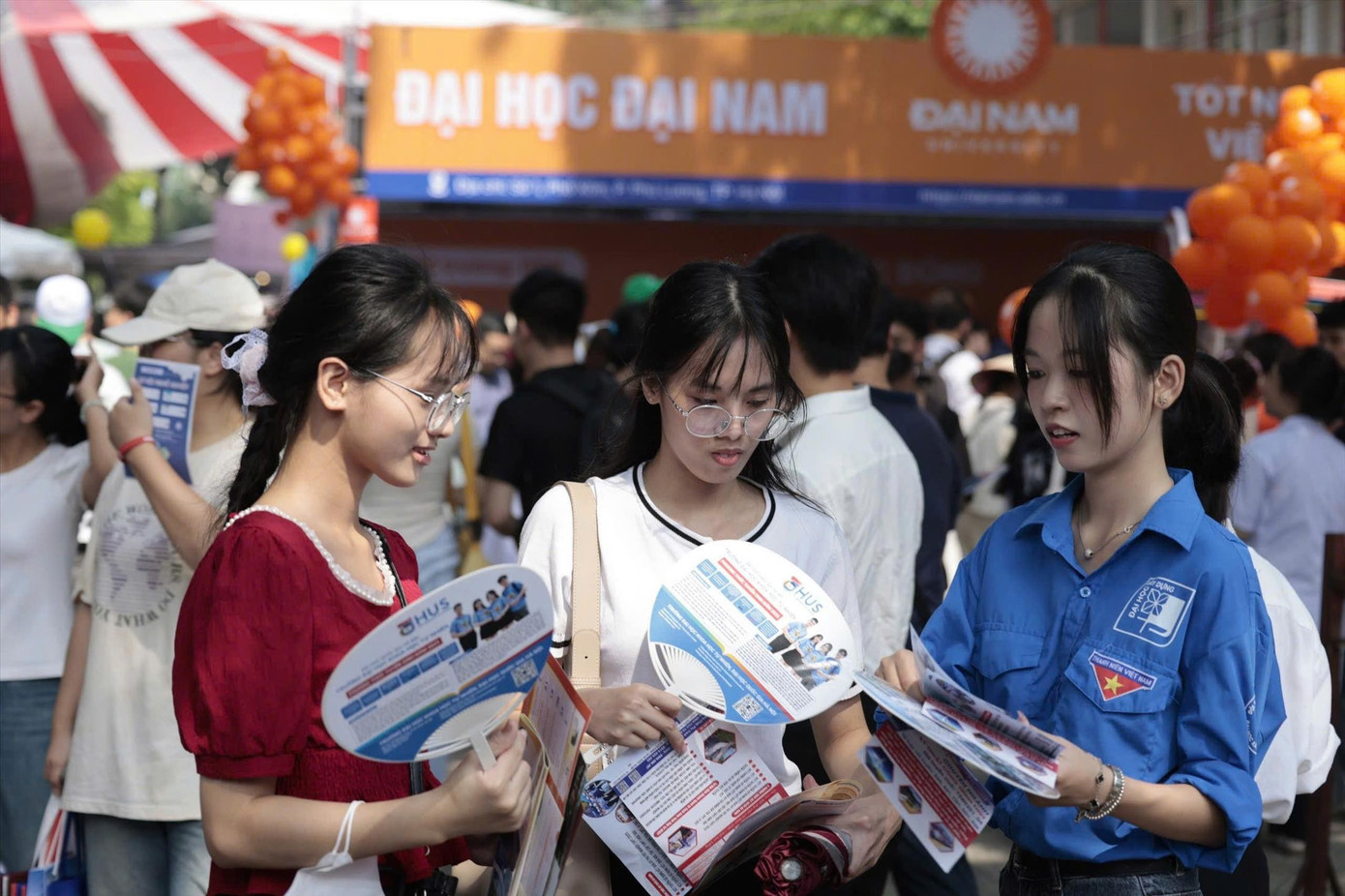
Difference of nearly 15 points
On August 22, universities across the country began announcing the first round of admission scores. The scores are differentiated between current training majors. The top groups belong to majors related to semiconductor technology, artificial intelligence (AI), data science and pedagogy.
Associate Professor Dr. Nguyen Phong Dien, Vice President of Hanoi University of Science and Technology, informed that the two highest benchmark scores are computer science (29.19/30 points); artificial intelligence and data science (29.39/30 points, nearly 9.8 points/subject).
The group of majors with the highest benchmark scores of the University of Technology (Vietnam National University, Hanoi) includes information technology (highest, 28.19/30 points, equivalent to nearly 9.4 points/subject), control and automation engineering (27.90/30 points), AI (27.75/30 points), computer science (27.86/30 points).
There is a clear difference in benchmark scores between the group of majors related to semiconductors and the remaining majors of the school when the major with the highest benchmark score is 6.06 different from the major with the lowest benchmark score.
Meanwhile, with only 5 points/subject/in the combination, candidates have been admitted to a major at Gia Dinh University. According to the admission method of considering high school graduation exam results, 18/25 majors of the school have a standard score of 15/30 points; 5 majors have a standard score of 16/30 points; 1 major has a standard score of 17/30 points and the major of Dentistry - Jaw - Face has a standard score of 20.5/30 points.
33/36 majors of Dai Nam University have a benchmark score of 15/30 points based on the results of the high school graduation exam. Only 3 majors have a benchmark score of 17-20.5/30 points, equal to or 0.5 points higher than the minimum score set by the Ministry of Education and Training for the health major group. 100% of majors of the University of Agriculture and Forestry, Thai Nguyen University (25 main majors, 3 majors at branches) have a benchmark score of 15/30 points.
Industry imbalance
According to statistics from the Ministry of Education and Training, of the nearly 615,000 successful candidates who entered university in 2024, 25% were in the business and management group. This is a group trained in many schools with large quotas, including majors such as marketing, business administration, finance - banking, auditing, accounting...
The top 5 fields with the most applicants also include computer and information technology (12%), engineering technology (9%), humanities (9%) and health (6%), with 39% of the total number of applicants enrolling in the remaining 19 fields.
The Ministry of Education and Training said that this structure has not changed much compared to 2022 and 2023. However, the Ministry noted a positive change when the proportion of admissions to the technical field increased by nearly 0.5%. The fields of life sciences, natural sciences, mathematics and statistics also tended to increase, although still modestly.
In fact, the imbalance in the professions continues. Although there are no final statistics yet, the number of candidates applying to economic and technological schools has increased sharply (National Economics University increased by 25%; Banking Academy increased by 26%; University of Natural Sciences, Ho Chi Minh National University doubled the number of applications compared to last year...).
In a university, one can see a serious imbalance in training groups. The economic and technological groups often have the number of students entering the school that meets or exceeds the quota, while the technical and basic science groups are almost always lacking despite the lower benchmark scores.
This year's graduation exam continues to see the percentage of candidates choosing social science subjects over natural science subjects. Of the 9 subjects chosen, History and Geography alone account for nearly 50% of the total of over 1.1 million candidates taking the high school graduation exam. According to experts, the difference in the percentage of subjects chosen, although safe for candidates, is at risk of causing an imbalance in training professions.
A university admissions office leader analyzed that the results of high school graduation exam registration showed that the social sciences are dominant. This situation may lead to a decrease in the number of students enrolling in science, technology, and engineering training schools and their increasing scarcity. If this situation continues to recur, it may lead to an imbalance in human resources in the future, and science, technology, and engineering may face a shortage of highly qualified workers.
Associate Professor Dr. Do Van Dung, former Principal of Ho Chi Minh City University of Technical Education, said that Vietnam's university admission system is witnessing a clear imbalance between majors, due to changes in high school graduation exam regulations and candidates' major selection trends. Candidates mainly register for "hot" majors based on friends' trends or social media information, leading to saturation in some fields and shortages in others. This imbalance not only reflects exam pressure but is also related to fluctuations in the labor market under the influence of AI.
According to experts, the imbalance in career choices stems from the choice of subjects in high school. If not promptly remedied, it will have long-term effects on the economy because many industries lack high-quality human resources.
The imbalance in enrollment will create a situation of oversupply and underdemand for labor, exacerbating unemployment and wasting human resources. The unemployment rate among young people (under 25 years old) is increasing. The main reason is that candidates are massively choosing economic - administrative majors (such as business administration, finance and banking) or information technology, leading to market saturation. On the contrary, social majors such as pedagogy, law, tourism or social sciences lack high-quality human resources due to few candidates choosing, causing a gap in the education and service sectors. In the near future, this situation will lead to unemployment and working in the wrong field; shortage of high-quality human resources. Strongly developing majors such as engineering technology (mechatronics, automation), information technology (AI, network security), health care (medicine, nursing) and agricultural and forestry technology will be in short supply.
Mr. Dung affirmed that widespread and unsynchronized training leads to a waste of national resources with thousands of billions of VND invested in education not bringing efficiency; delays in economic transformation due to lack of human resources in key sectors; increased social inequality, high unemployment will lead to social instability, increased crime, uncontrolled migration and pressure on the social security system. Waste of human resources will reduce the contribution of labor to GDP, with estimated losses of billions of USD due to unemployment and ineffective training.
To overcome this situation, Associate Professor Do Van Dung proposed to adjust the enrollment regulations, such as flexible quotas for difficult-to-recruit majors (over 20%) and guide candidates to choose majors based on labor demand forecasts. This imbalance will weaken the labor market and hinder socio-economic development, requiring coordination between relevant parties to orient enrollment in accordance with actual needs.

A textbook is old thinking

As difficult as failing university

A series of universities announced the standard scores: Highest 30/30 points
Source: https://tienphong.vn/tuyen-sinh-dai-hoc-2025-mat-can-doi-co-cau-nganh-nghe-dao-tao-post1771717.tpo



![[Photo] Prime Minister Pham Minh Chinh chairs a meeting of the Government Standing Committee on overcoming the consequences of natural disasters after storm No. 11](https://vphoto.vietnam.vn/thumb/1200x675/vietnam/resource/IMAGE/2025/10/09/1759997894015_dsc-0591-jpg.webp)

![[Photo] Prime Minister Pham Minh Chinh chairs the Conference to deploy the National Target Program on Drug Prevention and Control until 2030](https://vphoto.vietnam.vn/thumb/1200x675/vietnam/resource/IMAGE/2025/10/09/1759990393779_dsc-0495-jpg.webp)








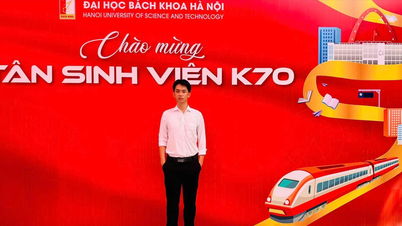





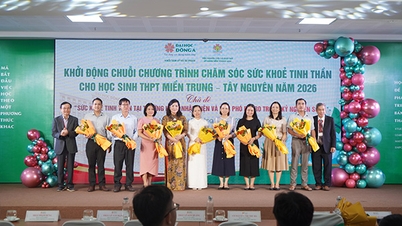




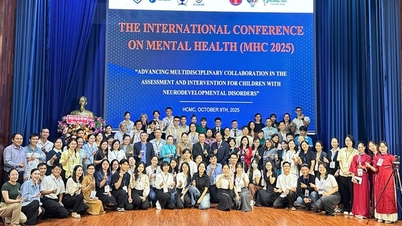
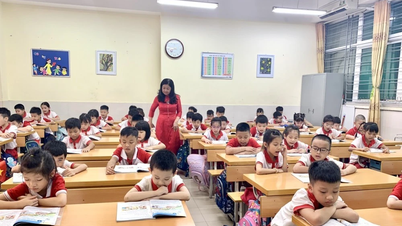


































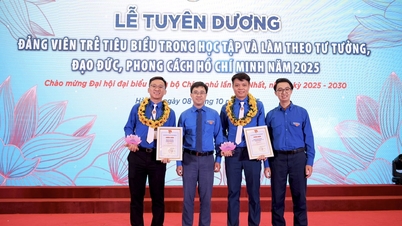









































Comment (0)